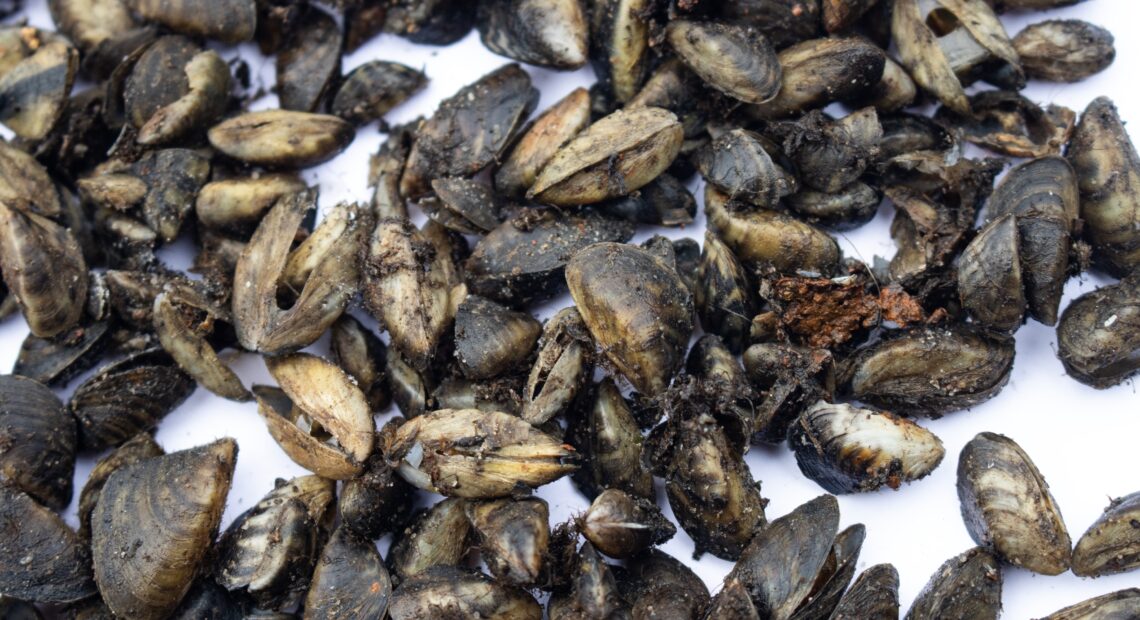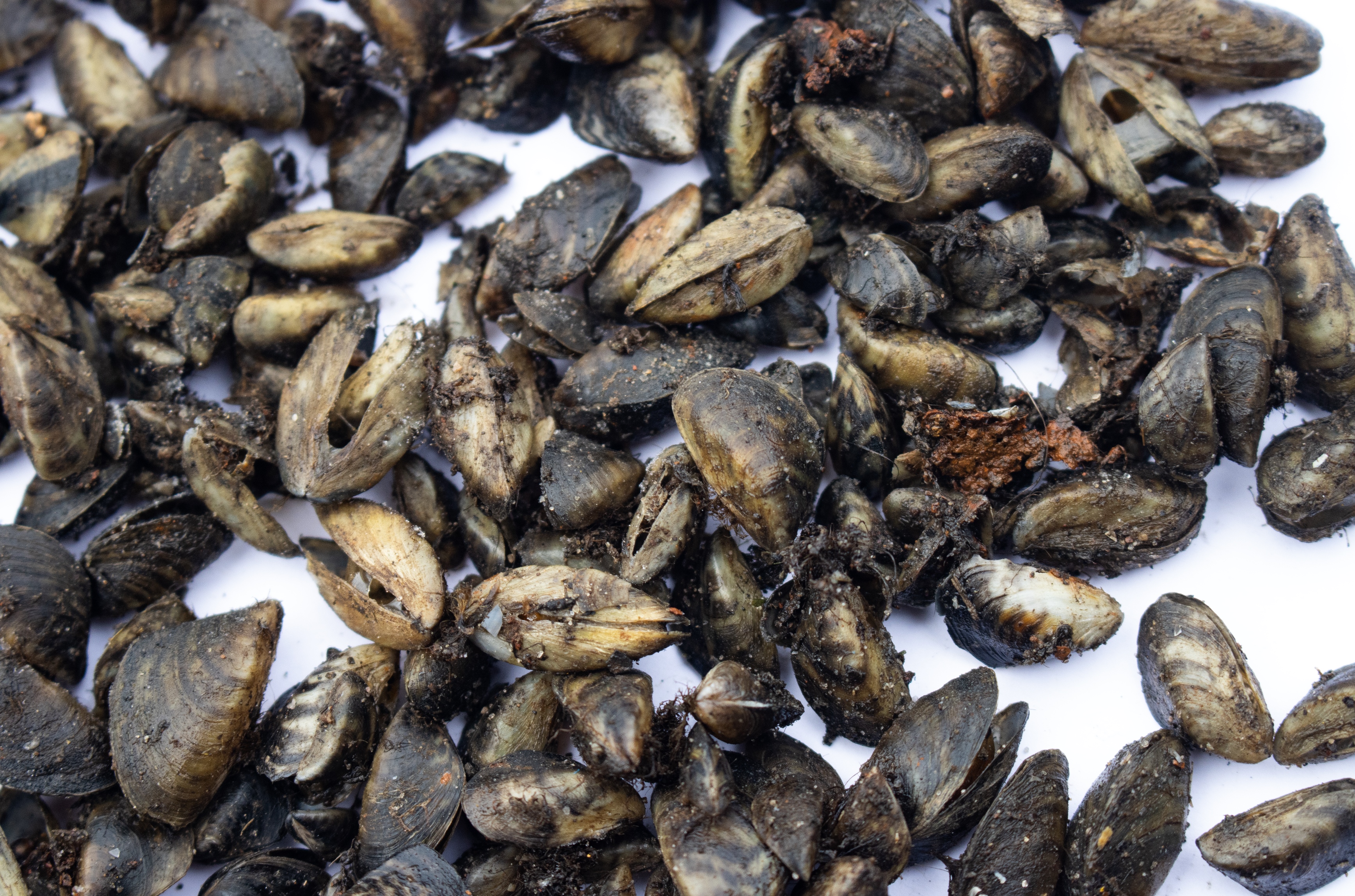
Inspectors find 21 gallons of invasive mussels on tugboat outside of Spokane
Read
It was a close call along Interstate 90 near Spokane, Washington — but not the kind you might think. Recently, workers at a Washington Department of Fish and Wildlife watercraft inspection station found two tugboats with invasive quagga and zebra mussels.
So far, these invasive pests have not established in Washington waters, but they’re close. In 2023, Idaho inspectors found quagga mussels on the Snake River near Twin Falls. After a year of treating the area, they’ve seen fewer mussels, but the invasive mollusks are still in the river.
One mussel can produce more than a million eggs each year. If they make it into the state, the mussels could harm the environment, recreation and economy, according to the Department of Fish and Wildlife.
“Invasive mussel introduction and establishment is an imminent threat to our state,” said Justin Bush, WDFW’s aquatic invasive species division manager, in a news release.
The tugboats that inspectors found had been anchored in Lake Michigan — where invasive mussels are well established. Inspectors removed 21 gallons of the mussels from one tugboat. That was the most they’d caught on a single boat in almost a decade.
Over the last five years, the department has found 127 boats infested with invasive mussels, Bush said.
The department also has a strong sniffer that helps root out mussels at watercraft stations. Fin, a Catahoula leopard dog, blue lacy and Australian kelpie mix, quickly detects mussels by smelling boats at the stations. They smell a bit like old gym socks.
Nick Knauss, Fin’s handler, said he’s happy when they don’t find any mussels.
“Historically, there’s no success story of them being eradicated from a water body once they’ve taken hold, so anything we can do to prevent that is paramount,” he said in an earlier interview.
The department also uses eDNA, or environmental-DNA, to check for the mussels.
















